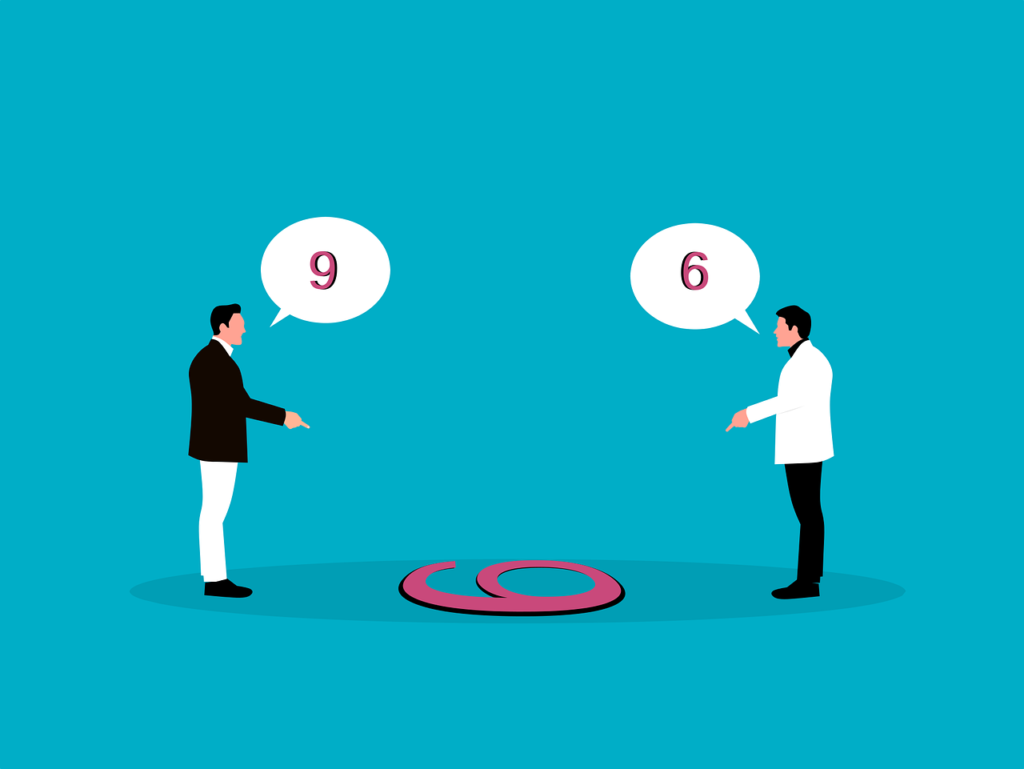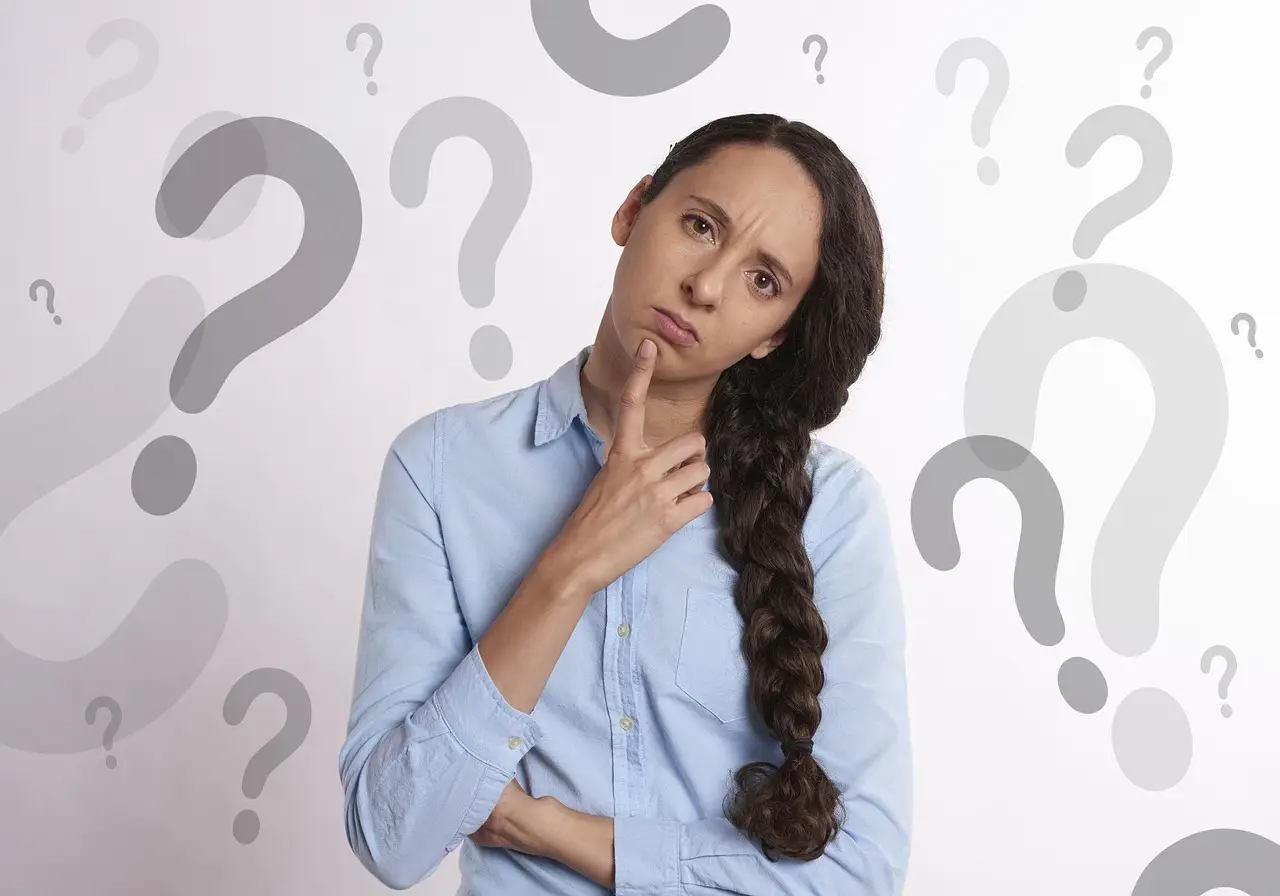Background
In the UK, the last decade has been appalling in terms of standards in public life. Politicians, in particular those in the Conservative Party, told lie after lie to gaslight the public. (By the way, that reference has nothing to do with politics; I’m more interested in right vs wrong, rather than right vs left.) The Tories blatantly and repeatedly told everyone that black was white and vice-versa. They didn’t care about the truth and were arrogant enough to think they could get away with it. But they didn’t. Ultimately, they paid for it, somewhat spectacularly, in the 2024 election.
We could talk about Boris Johnson’s lies about Brexit and Covid parties in Downing Street; Dominic Cummings and his infamous eye test; as well as countless other instances when the government deliberately deceived the public and told them to ‘move on’, but let’s just focus on one example, in the run-up to the 2024 general election.
Lying in TV election debates
In June, then Prime Minister Rishi Sunak claimed that Labour’s spending plans would cost working families £2,000. The fact that Labour hadn’t even released their proposals at that stage should have immediately set alarm bells ringing but Sunak’s lies were deliberately conceived to put the fear into voters that a Labour government would cost families £2,000 a year. He also stated that the figures had come from ‘independent Treasury officials’.
However, the lies were exposed. The Treasury’s top civil servant, James Bowler, pointed out that the figures had not been put out by the Civil Service but had, in fact, been manipulated and manufactured by the Conservatives. Furthermore, The Office for Statistics Regulation (OSR), pointed out that, as well as this shortcoming, the use of the made-up figure was even more misleading as the fictitious £2,000, even under the Tories’ own calculations, was spread over four years rather than one. However, Sunak and his ministers doubled down on his lies, insisting that they were facts, repeating them time and time again during media interviews over the ensuing weeks. They were, in the main, corrected by interviewers but asserting their lies to large audiences meant that the damage had already been done.
You’ve probably heard the phrase, “A lie can travel halfway around the world while the truth is putting on its shoes”. It relates to how lies and sensationalised information spread quickly, while the truth, which can be a little boring and requires time to fact check, doesn’t.
Sadly, although not unexpectedly, at the very end of the final BBC Leaders’ Debate on 26 June, Mr Sunak used his summing up speech to again tell voters that Labour would cost families £2,000 a year. It was clear from Keir Starmer’s reaction that Sunak had been told not to state that lie but it immediately reached millions of voters. While many may have seen through the lie, some swing voters would have believed him and voted accordingly. This could have made a difference on election day in constituencies in which margins were close.
Let’s look at the US too. The debate between Joe Biden and Donald Trump at the end of June was obviously a disaster for President Biden; ultimately leading to him withdrawing from the presidential race. His performance overshadowed and distracted from Trump’s predictable behaviour – Trump told 30 lies during the debate. It’s worth reading this CNN article, as some of them are, as you’d expect from Donald John Trump, absolutely hilarious! He wasn’t alone though, as Biden also made nine misleading statements.
Again, we have the same problem – lies by politicians on national TV, at a critical time.
How do you fix it?
Dare I say, it’s actually very easy. If there’s a live debate with a studio audience, don’t broadcast it until an hour or so later. The broadcaster can then spend some time checking facts and annotating any lies on screen or bleeping them out. As well as stopping liars in their tracks, such an approach would also highlight their lack of integrity, with a consequential impact on what people thought of them. Sure, a small number of people in the audience may end up believing the unfiltered lies but at least the millions who tune in would be shielded from them.
Simple, isn’t it? But sadly, it won’t happen. Why? We live in a world in which the media and individuals are obsessed with urgency and clicks. Fact-checking takes place after the damage is done and fact-checked news never has the same prominence or impact. Entertainment is valued over facts. It’s more important to stimulate people’s desire for drama rather than provide people with the truth. There’s an imbalance.
The video assisted referee (VAR) in football is a good analogy. Fans used to moan about bad refereeing decisions leading to their club losing games. This potentially had huge financial consequences for clubs too. In 2018/19, to address this problem, VAR was brought in so that close decisions could be reviewed on video by another official. Aside from a few high-profile errors, it’s been successful with an overall 14 per cent improvement in the accuracy of decisions. But there’s a consistent and vocal clamour from pundits and fans to do away with it because it slows down the ‘beautiful game’.
Forget the facts; sadly, entertainment is more important.
A quick side note on facts...
Just a quick aside on facts and fact-checking, in case you weren’t aware of it. During the UK election debate mentioned above, the Conservative Party changed the name of its twitter/X account to Tax Check UK. In the 2019 election, they did something similar, calling it FactcheckUK. Brazen and disgraceful, I’m sure you’ll agree. However, even that didn’t help them as they suffered the biggest election defeat in the party’s history. Serves them right!


